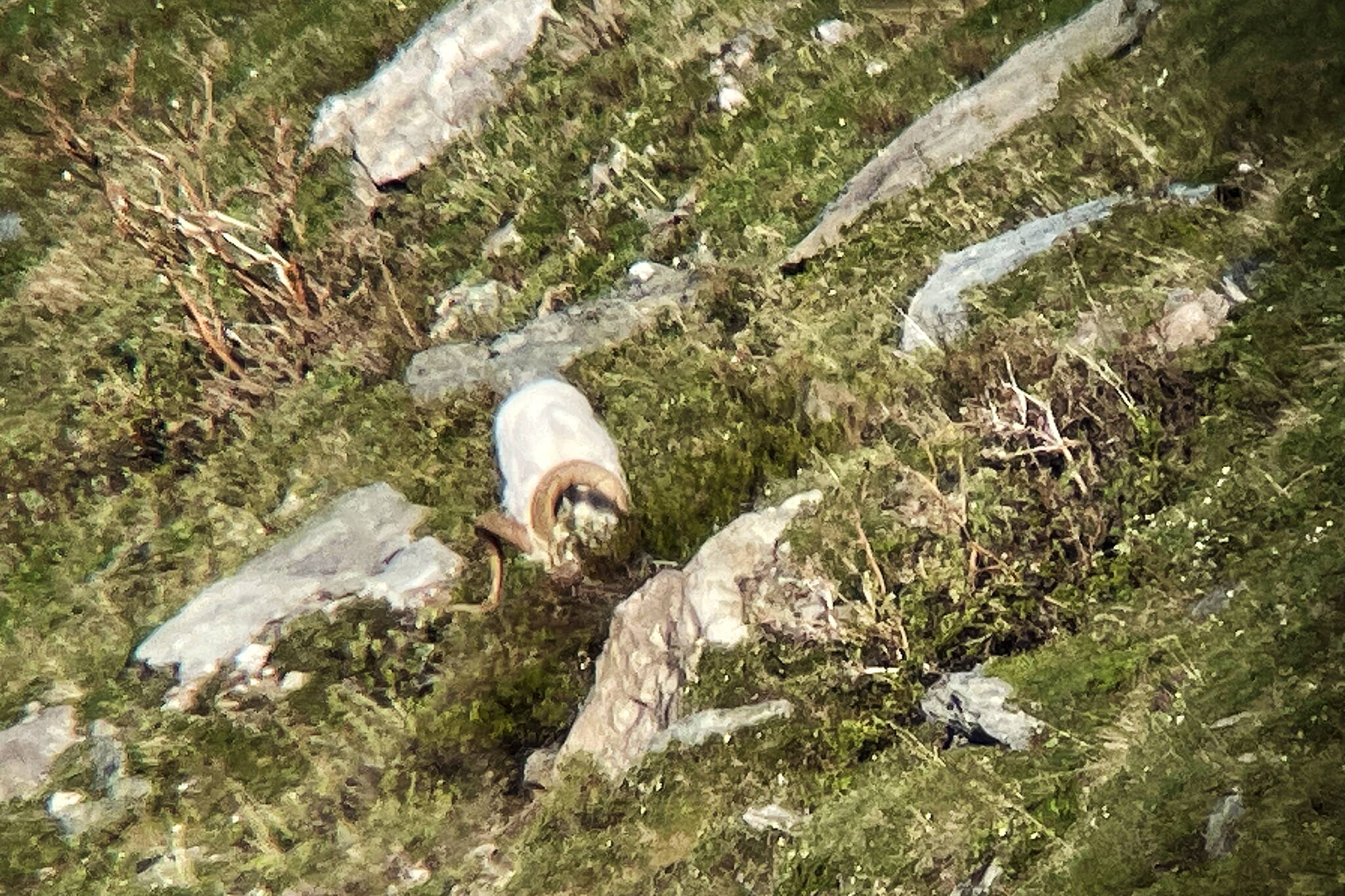The Teklanika River grows and moves swiftly as it flows north. Eventually the Alaska Range relents and gives way to the boggy interior of Alaska. On the other side of the last set of mountains is where it intersects with the Stampede Trail. This is the river that swelled in the summer of 1992 and prevented Chris McCandless from ending his sojourn on his own terms.
In June of this year, my wife and I camped in Denali National Park and walked along the shore of the Teklanika, well upriver from the Stampede Trail, and though we were dozens of miles from where the bus used to sit, we were close enough to feel connected to that part of Alaska history.
My adventure survival literature class is finishing up so I’ve nearly completed my annual stroll through transcendentalism, essentialism and the stories of McCandless and others.
When I first read “Into the Wild” I had the same reaction as many Alaskas. McCandless was naive, dangerously delusional and set an unsafe precedent for other ideological young adults trying to find their way. Another angle was that McCandless was a selfish brat who put his parents through hell while he roamed the west and eventually was stranded in the bus.
Author Jon Krakauer alluded to abuse perpetrated by McCandless’s parents, but was forced to hope the reader made the connection because he didn’t have permission to use all the details he discovered through interviews. It wasn’t until Chris’s sister Carine stopped protecting her parents that the story was fully revealed and the why became more clear. In her 2014 book “The Wild Truth” she recalls an argument between Chris and their father regarding Chris’s desire to travel west after graduating high school:
“Why can’t you just understand that not having a plan is my plan…”
“You will not leave this house without giving us an itinerary for where you will be, week by week.”
It seems like typical, engaged parenting but within the context of years of emotional abuse, Chris’s desire to be free from his parents is much less brat-ish and entitled and more a longing for escape. When Chris had the chance, after college, he took it.
There is a third option when it comes to people like Chris McCandless. He doesn’t have to be just moronic or inspirational. As is the case with most people and most situations, those choices are far too narrow. It’s too complicated to come to a simplistic response and abstaining due to a lack of information, or even too much information, shouldn’t be seen as betrayal.
I’ve always known intellectually that there’s more to the story, any story, but patience and discernment are the opposite of emotional reactions, which are first and often long-lasting.
It would be nice if the world was tidy and clean enough to reduce to a hashtag, flag or emoji in our social media bios, but all-encapsulating images or words often represent limited context or the reaction to a snapshot of history instead of considering all of history.
The story continues to resonate and maybe even more so now than in the 1990s as disillusionment has only increased with the proliferation of social media. Our connection to reality has become even more strained, if not divorced. Anger ranching is a multi-billion dollar industry which facilitates corruption and leads to division. So there’s no question people want to escape and find truth through challenging themselves prepared or not.
I do enjoy teaching the book and have retreated from my initial verdict. Chris McCandless wasn’t simply guilty or innocent.
His story, like all of ours, is too complex for that simple a judgment.
• Jeff Lund is a freelance writer based in Ketchikan. His book, “A Miserable Paradise: Life in Southeast Alaska,” is available in local bookstores and at Amazon.com. “I Went to the Woods” appears twice per month in the Sports & Outdoors section of the Juneau Empire.

